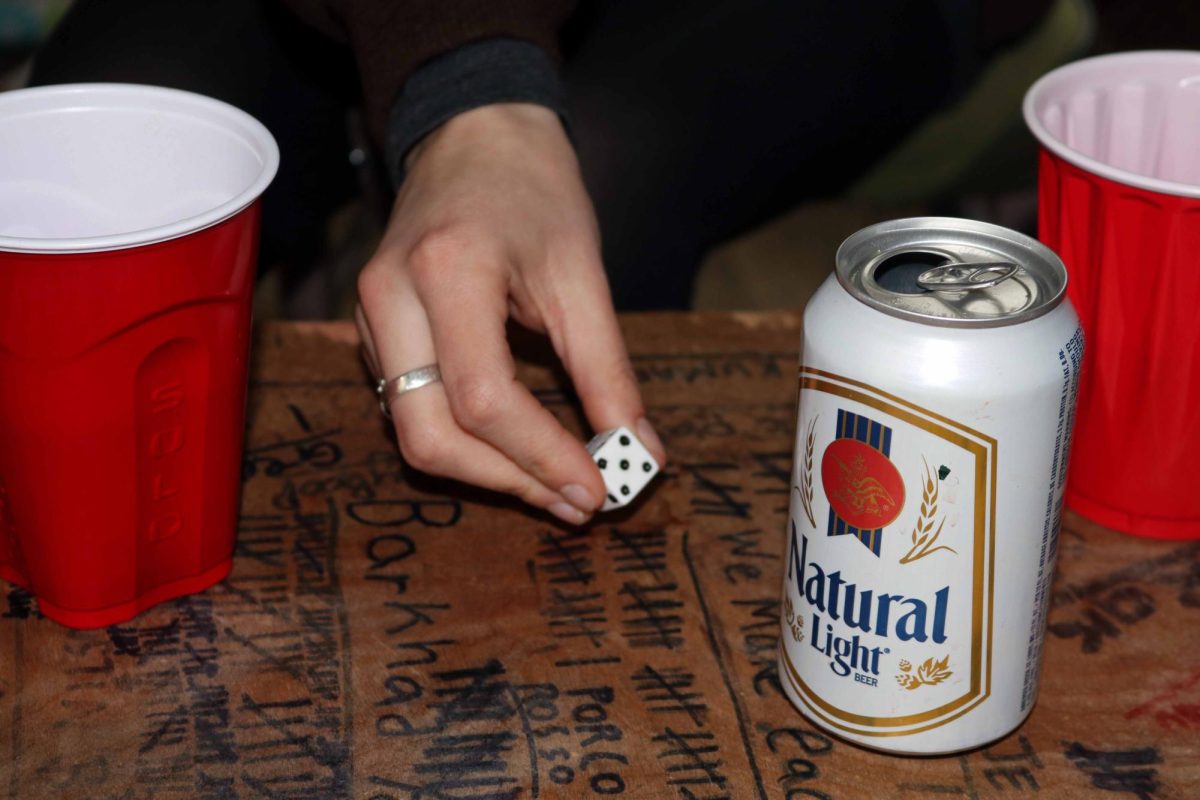Ben Newhouse, associate vice president of student affairs and dean of students, in conjunction with the Division of Student Affairs (DSA), has updated the policies outlined in the 2023-2024 Student Handbook. Under this revision, the College has modified the Alcohol and Other Drugs Policy, Academic Honesty Policy and Marketing and Promotion guidelines.
Newhouse sent an email to all Grinnell College students on Sept. 21 detailing the updates made to the handbook.
The changes to the Academic Honesty Policy were made to reflect the presence of Artificial Intelligence (AI) and Large Language Model (LLM) technologies in Grinnell’s academic environment, as well as outline new policy guidelines for how students should interact with those technologies when completing academic work.
The 2023-2024 Student Handbook now defines academic dishonesty as “misrepresenting another’s intellectual effort –– whether derived from a machine-generated source or a person –– as your own.”
This includes plagiarism, paraphrasing, quoting without proper citation from another person, AI or LLM technologies –– or receiving help without permission or acknowledgment from the above sources when submitting an assignment for a class.
Furthermore, as outlined in the Alcohol and Other Drugs Policy, the College “opposes the illegal use and/or abuse of alcohol and other drugs in the college environment.”
However, students are still allowed to keep alcohol on campus if they are at or above the legal drinking age of 21, do not live in substance-free housing, only keep enough alcohol in their room for personal consumption and follow Iowa state law.
During the 2020-21 academic year, the college did not allow alcohol on campus. According to Newhouse, this was because of social distancing during the pandemic.
This decision has since been reversed. The Student Handbook states, “For 2023-24 academic year, the guidelines for hosting events with alcohol will be under review by the Committee on Student Life. Until these guidelines are published, alcohol will not be permitted at student-sponsored campus events.”
The rationale for this review was due to students not submitting proposals to host on-campus events with alcohol in the past three years, even though they were allowed to, Newhouse wrote in an email to the S&B. “[This] presented an opportunity to take a critical look at the overall process — what are the goals, what works, what creates a barrier, etc.”
The college states in the policy that they want to provide a “harm-reduction approach” to the use of alcohol and drugs on campus.
In response to what exactly is meant by “harm-reduction,” Newhouse wrote that it “is not one singular tactic but rather a series of actions people can take to minimize risk, reduce harm, and care for one another.”
Newhouse wrote that in Spring 2023, students participating in Relays would leave for lunch and return intoxicated. In order to combat this, he wrote that the College “decided to offer lunch on Mac Field, which resulted in most participants opting to remain at the event. This led to a safer, more positive experience for the event coordinators and the attendees.”
As the alcohol policy is currently being reviewed, Newhouse wrote that it is possible the College will allow student-sponsored events to have alcohol in the future. He wrote that these events would still have to be catered in ways that are inclusive to all students and do not revolve around the presence of alcohol.
“It is important to recognize that many college students will choose to drink across their time at Grinnell,” he added.
Currently, if students want to host an event with alcohol, they must email Ben Newhouse, discuss the proposal with him and receive “special permission.” Otherwise, all student-sponsored events will remain substance-free.
The last change to the handbook was the renaming of the Advertising/Signs/Tabling section to Marketing and Promotion. Details about promoting events, signage and proper times to table can be found in the online version of the 2023-2024 Student Handbook.



















































